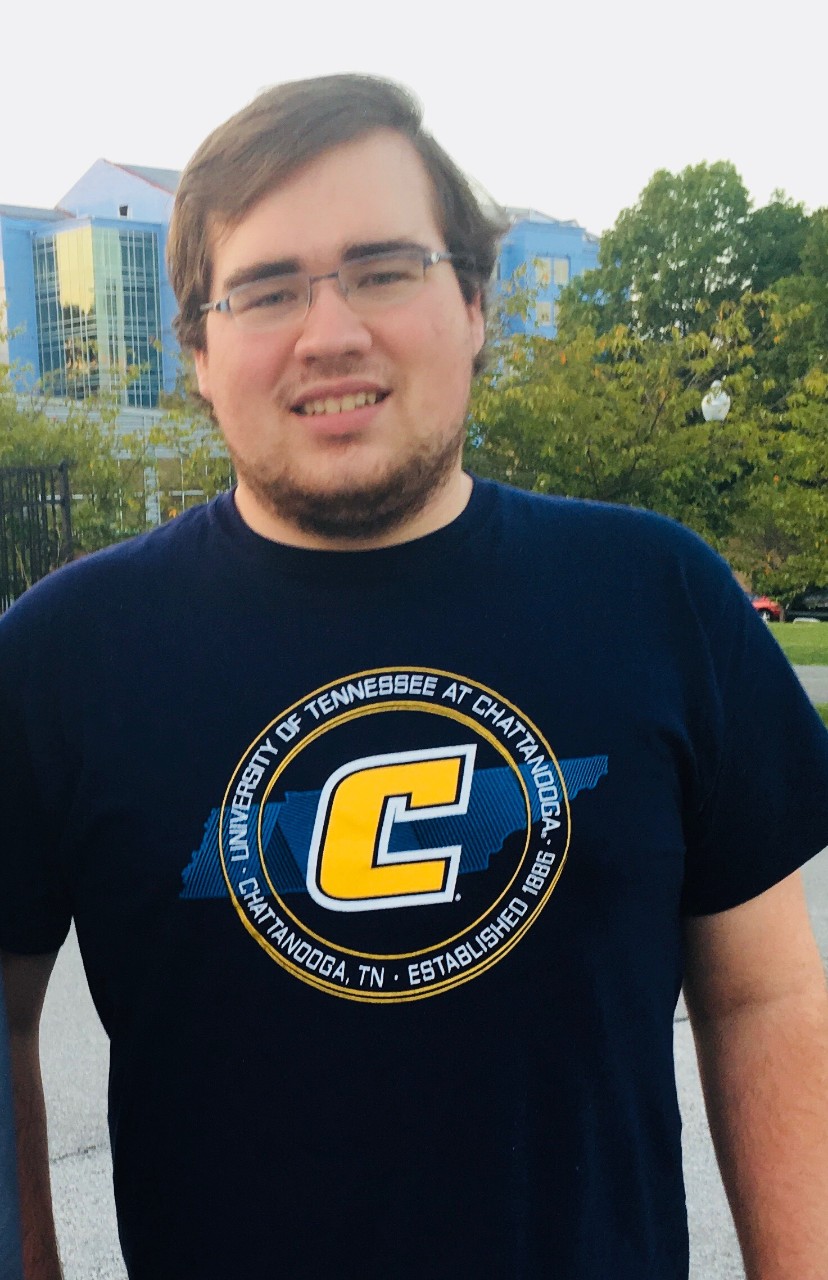Breaking Ground 98 - Tabletop Role-Playing: Creating social stories through cooperation
by Jack ver MulmAround the start of 2019, I was asked to run a tabletop role-playing game at the Chattanooga Autism Center. I would be the game master for grade school students who were on the autism spectrum.
I was chosen based on my qualities. First, I am on the autism spectrum, and the idea that I would be a game master for others on the spectrum would be unique. In the long run, I think the fact I was a game master for a different group at the time was more important. It meant I had experience running role-playing games and knew how to cultivate a friendly environment.
For everyone who is unfamiliar with tabletop role-playing games, they are social games that use dice and words to create a story. Unlike traditional board games, the only limits for a role-playing game are rules and creativity. Players create characters that they role-play, decide actions for and roll dice to see how successful those actions were. The game master does everything else: set up the story, describe how the players’ actions affect the story, and clear up any rules or disagreements. Finally, there is no true winner to a tabletop role-playing game. Victory is shared with everyone.
Running the tabletop sessions was a blast. The players and I made a setting where they played a special military unit fighting terrorists who despised dinosaurs. I gave them broad creativity on how they could resolve the plot. They ended up tossing a dinosaur into a volcano, blowing up a secret government facility, and summoning a genie. These moments were only possible with my players and I working to “write” the story together.
If the players are having fun, then I am doing my job correctly. But even beyond that, it helps to have a place or group of people whom you can have fun with. From my own experiences in college and grade school, fun is something to be treasured, especially if you can share that fun with people you care about. I always want to provide that space for my players.
For context, I was diagnosed with autism at a young age. Some people think being diagnosed early is better than later, but I would disagree. Both come with their own problems. Mine was growing up believing I was inferior to my peers. But the real kicker is how long you go on believing that; those feelings don’t just vanish once you learn the truth. I spent many days working and studying over building lasting connections with anyone. At the time, I thought my self-worth was entirely dependent on the work I could do. Challenging those beliefs is an ongoing struggle. Even after I graduated magna cum laude from college, saying the word “autism” out loud is difficult.
So, I believe that the best quality about tabletop role-playing games is the cooperation. No single player has all the solutions. A character may be amazing at one task and terrible at another. It is truly a team effort to play. The game master, even if his or her task is different from the players, still gets to enjoy their successes and quirky antics. When the cooperation is done well, everyone has a place in the game.
I probably would have benefitted from a program like this when I was younger. But I think it would also benefit individuals on the spectrum to try and find other role-players outside of their autism support group, which can sometimes be difficult. However, finding the right group would be useful for developing better social skills and awareness. Just speaking from personal experience, I have learned cues and signs for knowing good times to chime in, or when to wait for a turn in a conversation.
While I advocate for tabletop role-playing games, my point to all of this is to have fun with the people you care about. Whether or not that comes from role-playing games or another activity is irrelevant. It should bring you joy.
Jack Ver Mulm is a University of TN, Chattanooga graduate who is on the autism spectrum. He aspires to become a journalist and be an advocate for others on the spectrum.
